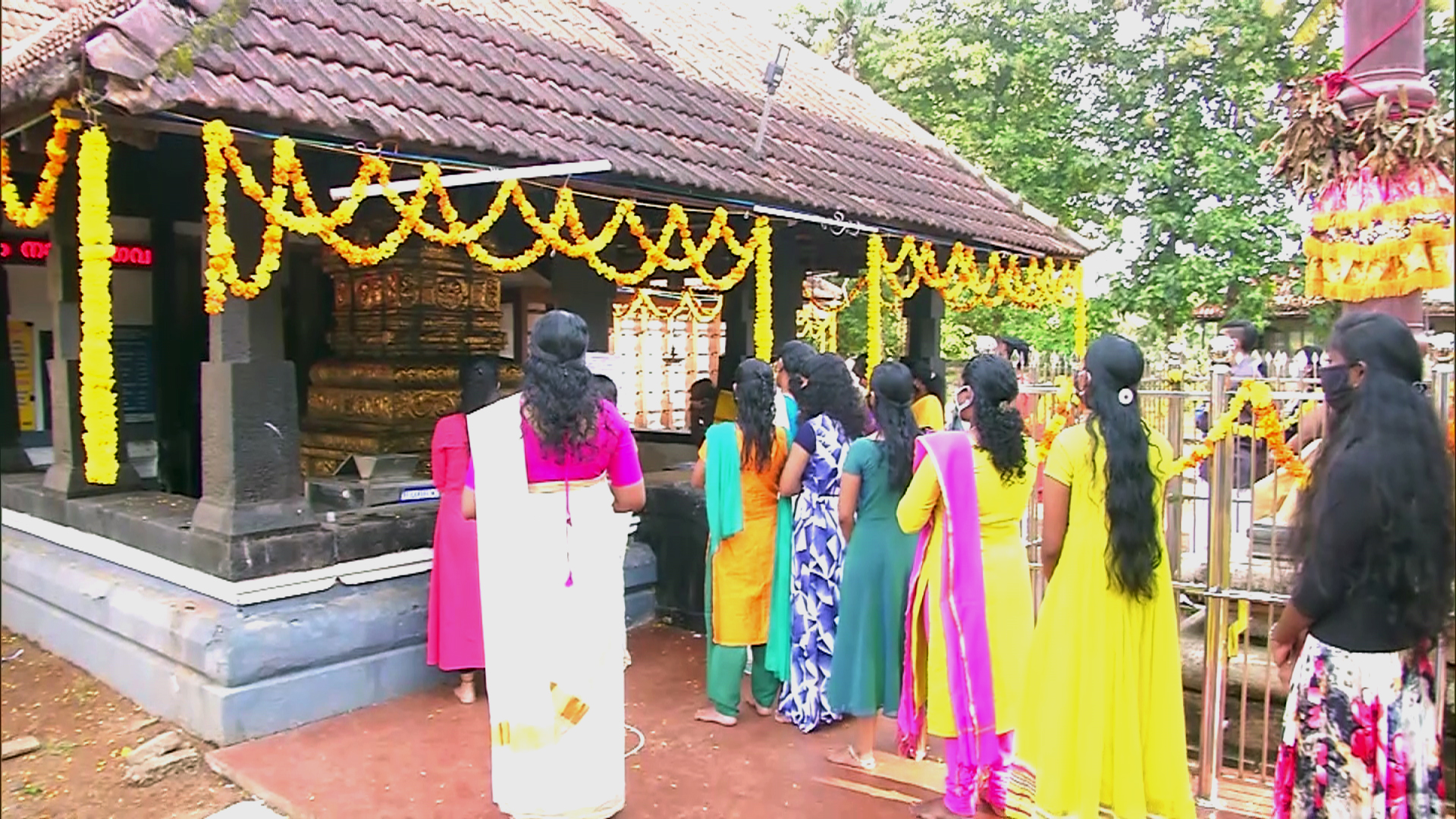As has been pointed out by scholars of Indian civilisation, ancient wisdom goes that “Janmane jaayeti shudra, karmane jaayeti bahuda”. In other words, every human being was born into the same caste, and because of the work and life experiences acquired subsequently, a particular caste. The four were that of the Vaishya, or those in trade and business; the Kshatriya, or those involved in the job of ruling the country and defending it from enemies; the Shudra, or those who worked as manual labour; and finally, the Brahmin, who were priests or scholars. Over the centuries, more and more people sought to transmit their caste to their children without the latter often having the skills and qualifications needed to be the caste of their mother or father. It may be mentioned that in the days before the absurdity of caste by birth rather than by education and occupation remained prevalent, inter-caste marriages and friendships were common and societally accepted. Indian society began its process of atrophy when caste became hereditary, hierarchical and rigid, thereby removing the incentive in an individual to improve. No matter what her or his qualities were, the caste of a child was the same as those of the parents, most often the father, as society shed the liberalism of the past and adopted patriarchy. More and more, rituals complied with by an individual sans any idea of what they were supposed to signify replaced practices sanctified by tradition. In the division of responsibility prescribed by the seers of our country millennia ago, the rulers were not anywhere near as affluent as the traders. In other words, the Kshatriya had power but not the wealth of the Vaishya, nor was the accumulation of wealth regarded as part of the dharma (righteous duty) of the rulers. What a change from the present situation, when so many politicians have leapt from penury to riches within a few years of acquiring high office. Small wonder that the leadership of so many political parties in India gets passed on from father (or mother) to son, or in some cases, from aunt to nephew. This is a reflection of the fact that neither the Election Commission nor the courts have thus far worked to ensure inner-party democracy in the world’s most populous democracy. A political party in effect becomes a chattel, to be handed over to the next of kin, so that the benefits of such ownership remain within the family.
Joining the priestly and scholarly caste ought not to depend on a birth certificate, but on innate and learned skills. The ritual in temples is complex and each of them has meaning, but must be done correctly. In Kerala, in a move that had the support of the present writer
MDN
Temples should welcome all believers
इस शब्द का अर्थ जानिये
- Advertisement -

